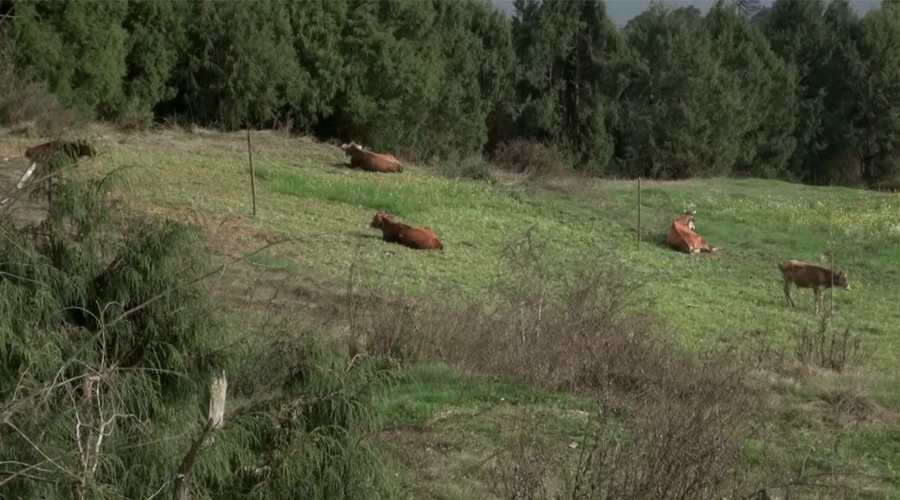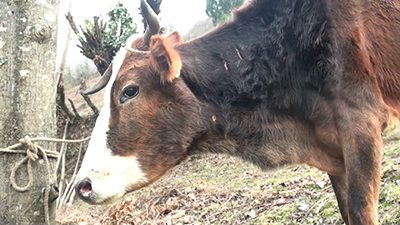
Livestock predation by wild predators, especially tigers has been a pressing issue in Trongsa for ages. It has caused significant economic losses to the farmers, resulting in human-wildlife conflicts. But there is good news for them. The Bhutan Tiger Centre under the agriculture ministry will initiate a “Community-Based Livestock Insurance Scheme” on a pilot basis from next month.
The pilot livestock insurance scheme will provide monetary reimbursement to the livestock farmers of Korphu, Nubi, Tangsibji and Langthil Gewogs in Trongsa, Chhumey Gewog in Bumthang and Nangkhor Gewog in Zhemgang.
A Gewog Tiger Conservation Association, chaired by a Gup in each of these six gewogs will facilitate the affected farmers to receive the compensation.
However, they need to insure their livestock with the association, which will collect appropriate data to verify their claims.
The association’s other responsibilities include the management of the insured funds. It will be assisted by the Quick Response Team comprising a forest range officer, a gewog livestock extension officer and a chiwog Tshogpa.
 To apply for the livestock insurance scheme, farmers are required to follow the standard reporting system through a mobile App.
To apply for the livestock insurance scheme, farmers are required to follow the standard reporting system through a mobile App.
In Trongsa, Nubi Gewog faces the highest tiger predation on cattle. The gewog sometimes loses three to four cattle to tigers in a day. More than 200 cattle owners have registered with the Gewog Tiger Conservation Association so far.
For them, such monetary compensation will help them in sustaining cattle for agricultural production.
“It is a big loss, especially since the tiger eats up the entire cow. So, this scheme will benefit us as we will get some compensation,” said one of the cattle farmers, Thinley Gyamtsho.
The Nubi Gewog Office said they will compensate the farmers after the official launch of the livestock insurance scheme next month.
“We do not have compensation as such this until now. But we will start the scheme from next month, so farmers of Nubi Gewog wishing to claim the insurance can visit the gewog office,” elaborated Nubi Gup Pema Lhamo.
The gewog officials said there are no ceilings on the premium amount.
“The farmers can deposit the insurance amount as per their wish. If they think their cattle deserve more, they can deposit more money,” pointed out Tangsibji Gup Jigme Namgyal Tangbi.
 The livestock insurance scheme is strictly entitled to cattle attacked by the tigers.
The livestock insurance scheme is strictly entitled to cattle attacked by the tigers.
“The fund which we received is only for tiger-cattle insurance. So, we have decided to compensate only if the tiger has attacked the cattle. The cattle attacked by jackals or foxes or other predators won’t be covered under this scheme,” shared Yangchen Lhamo, one of the chiwog tshogpas of Nubi Gewog.
Each gewog tiger conservation association instituted in the six gewogs will receive seed money of Nu 1 M.
It will be funded by the UNDP and Vanishing Treasures Project under United Nations Environment Programmes.
However, for the sustainability of the fund, only 25 per cent of the money will be allowed to compensate.
If this pilot scheme makes difference in the lives of the affected livestock farmers, the Bhutan Tiger Centre will inject additional insurance funds into each of the gewog tiger conservation association in six gewogs of Trongsa, Bumthang and Zhemgang.
Passang, Trongsa
Edited by Pema Lhaden









